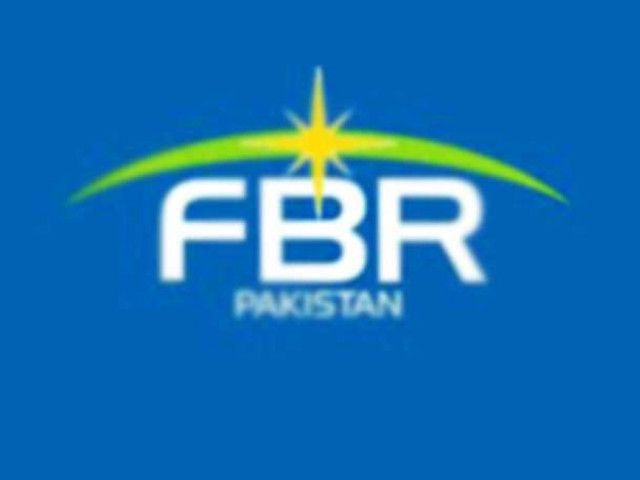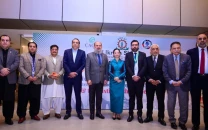Inconsistent policies, distortions in tax system hinder growth
Former FBR chief stresses resource mobilisation, privatisation of state units.

PHOTO: FILE
Pakistan has a tremendous growth potential that could not be tapped as inconsistency in policies, distortion in tax system, cumbersome tax procedures and absence of business-friendly policies stand in its way, says former FBR chairman Abdullah Yousaf.
Speaking at a brainstorming session stretching over three hours at the Lahore Chamber of Commerce and Industry on Saturday, Yousaf said the slump in foreign direct investment (FDI), which stood at $8.5 billion in 2006 and came down to $500 million this year, reflected the poor health of the country’s economy.
Though a number of factors could be blamed for this unwelcome scenario, frequent changes at the policy level, regional instability and bureaucratic hurdles were the major reasons that caused the decline, he said. “We would have to look into these issues to attract much-needed foreign investment.”
Yousaf underlined the need for increasing the tax-to-GDP ratio, which stands at a low of around 9%, to tackle the fiscal deficit. He pointed to the phenomenal increase in the country’s debts from Rs6 trillion in 2008 to Rs14 trillion in 2013 that had affected economic activities to a great extent.
Heavy government borrowing and rupee depreciation could be blamed for the ballooning debt that increases by more than Rs63 billion with a one-rupee gain in dollar’s value, he said.
Discussing the revenue side, he said out of around Rs2 trillion in government revenues, 58% went to provinces under the National Finance Commission (NFC) award and of the remaining 42%, with the support of borrowing, Rs1 trillion was utilised for debt servicing, Rs600 billion went to meet defence needs and Rs500 billion was spent on public sector enterprises including the railways, PIA, Pakistan Steel Mills, Wapda and others.
Suggesting solutions, Yousaf called for mobilising resources and privatising public sector enterprises to revive the economy. Right tax policies coupled with good tax administration help ensure resource mobilisation.
He stressed that documentation of cash economy would help resolve the problem of low tax-to-GDP ratio and creation of data warehouse of potential sectors and third party information were of prime importance for documentation.
He claimed that Pakistan’s tax-to-GDP ratio was the lowest in the world at 9%. In low-income countries, normally the tax-to-GDP ratio is in the range of 15% to 18%, in middle-income countries from 22% to 25% and in high-income countries it is around 40%.
Published in The Express Tribune, March 17th, 2013.
Like Business on Facebook to stay informed and join in the conversation.



















COMMENTS
Comments are moderated and generally will be posted if they are on-topic and not abusive.
For more information, please see our Comments FAQ